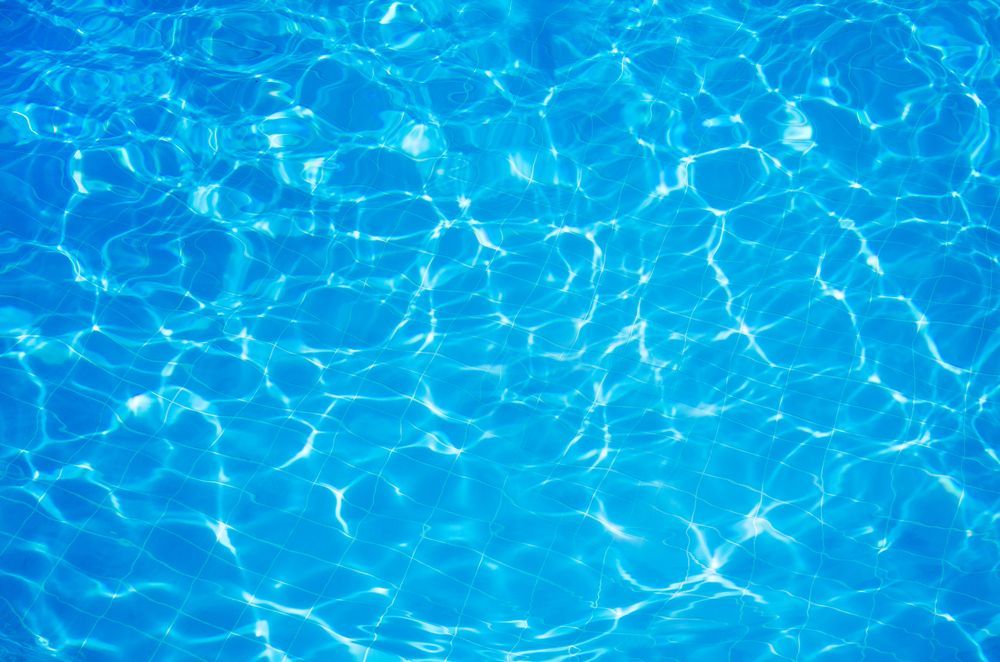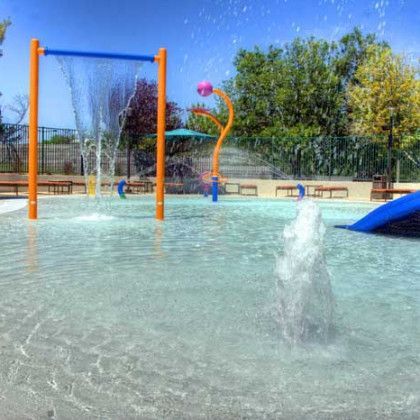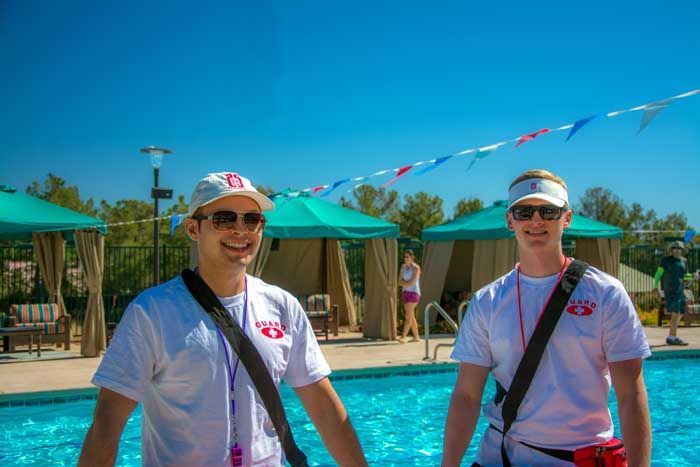Lifeguards Services
Lifeguard services are crucial for maintaining safety at swimming pools, beaches, water parks, and other aquatic facilities. Lifeguards are responsible for ensuring the well-being of swimmers and preventing and responding to water-related emergencies. If you're in need of lifeguard services, here are the steps to consider:
Determine Your Needs:
Assess the specific requirements for lifeguard services at your location. Consider factors such as the size of the area, the number of swimmers, and the type of facility (e.g., pool or beach).
Hiring Lifeguards:
You can hire lifeguards through various methods, including:
a. In-House Hiring: Hire and train lifeguards directly if you have the expertise and resources to do so.
b. Contract Services: Many organizations and facilities choose to contract with third-party companies that specialize in lifeguard services.
Qualifications and Certifications:
Ensure that the lifeguards you hire possess the necessary qualifications and certifications, such as being certified in lifeguarding, CPR, AED, and first aid.
Regulatory Compliance:
Comply with any local, state, or federal regulations related to lifeguard staffing, certification requirements, and ratios based on the number of swimmers.
Training
If you hire lifeguards directly, provide them with ongoing training to stay up to date with the latest water safety techniques and protocols.
Equipment and Facilities:
Ensure that your facility has the appropriate safety equipment, such as rescue tubes, life rings, and first aid kits. Lifeguards should have easy access to these tools.
Scheduling and Shifts:
Plan lifeguard schedules to ensure that there is adequate coverage during all operating hours. This may involve staggered shifts, especially at busy locations.
Communication:
Establish clear communication protocols between lifeguards and other staff members, and have emergency response plans in place.
Regular Drills and Practices:
Conduct regular lifeguard drills and practice sessions to keep lifeguards sharp and prepared for emergencies.
Continuous Supervision:
Regularly supervise and evaluate the lifeguards to ensure they are performing their duties effectively and professionally.
Incident Reporting:
Set up a system for lifeguards to report and document any water-related incidents, no matter how minor, and ensure that these reports are reviewed and acted upon as necessary.
Emergency Protocols:
Make sure that lifeguards are trained to respond to various water-related emergencies, including drowning, injuries, and medical conditions, and that they understand the facility's emergency procedures.
Lifeguard services are essential for public safety in aquatic environments. Whether you manage a pool, beach, or water park, investing in well-trained and qualified lifeguards is crucial to prevent accidents and respond effectively to emergencies in and around the water.



